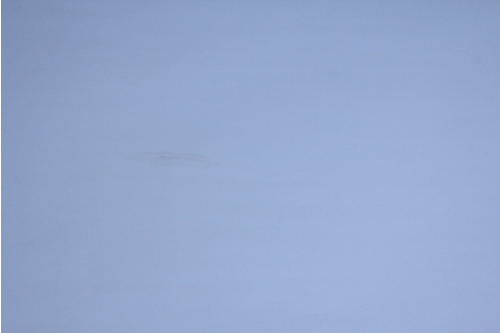
__________
Notes:
1. Made on May 8th, 2022
2. In the garden for some reason
3. Though there’s no evidence of that anywhere in its production

__________
Notes:
1. Made on May 8th, 2022
2. In the garden for some reason
3. Though there’s no evidence of that anywhere in its production
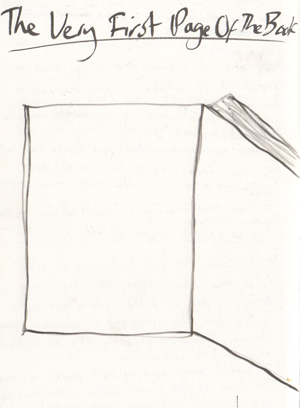
Tina loved the very first page of a book. After the cover, before the title, before any review quotes or bibliographies, author’s bios, copyright information, there it was, that first page of the book, blank and unsullied and pristine.
It wasn’t even a page by most people’s reckoning. Just the back of the cover, neither in the book nor out. A nul page, anti content.
There was so much potential in the emptiness. Tina trembled with anticipation. Anything could happen from here.
__________
Notes:
1. Written on the 30th March, 2022
Vexigram is a baroque word epiphany service. Receive a single unique imaginary word, personally invented by our resident wordsmith and delivered to you anywhere in the world, for as little (or as much) as £3 a word.
A single word on a piece of card, delivered direct to you, anywhere in the world. What will your word mean? It will mean nothing. Nothing at all. But it will be yours, and yours alone.
Each Vexigram will be a singular term, chosen furtively from the shallow depths of the imagination, written relatively neatly in ink on card, and sent out to you via the intricate mesh of postal services across the world.
Intended simply to perplex and confound the recipient via the absence of meaning, Vexigrams are a gift that remind us all, even if only fleetingly, of the limits of language. Every Vexigram shall be as exasperating to say as it is to hear, see, read, or use.

__________
Notes:
1. Vexigram was created on May 6th, 2022
2. Vexigram has nothing to do with Lexigram at all and any suggestion to the contrary shall be denied
3. If you would like more information about Vexigram, please see this FAQ for answers.
Infinite Sunset (by Patrick aged 6)
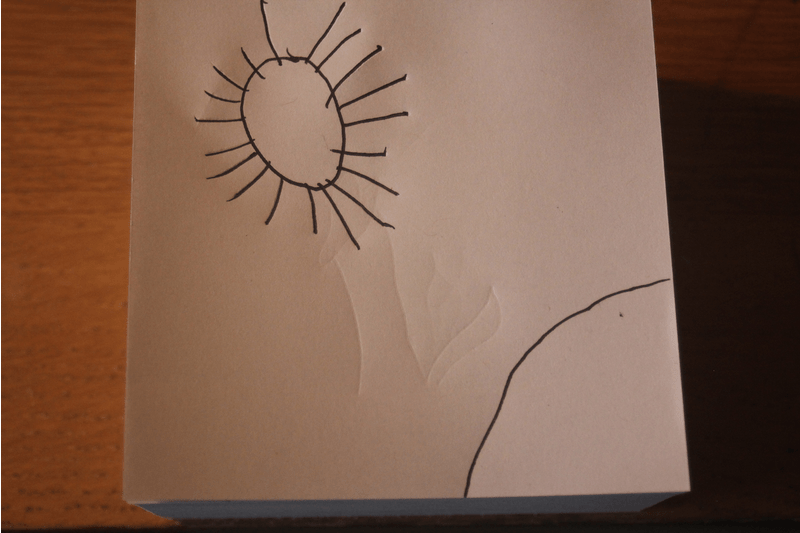
Friendly Frog’s Feeding Frenzy (by Florence aged 9)
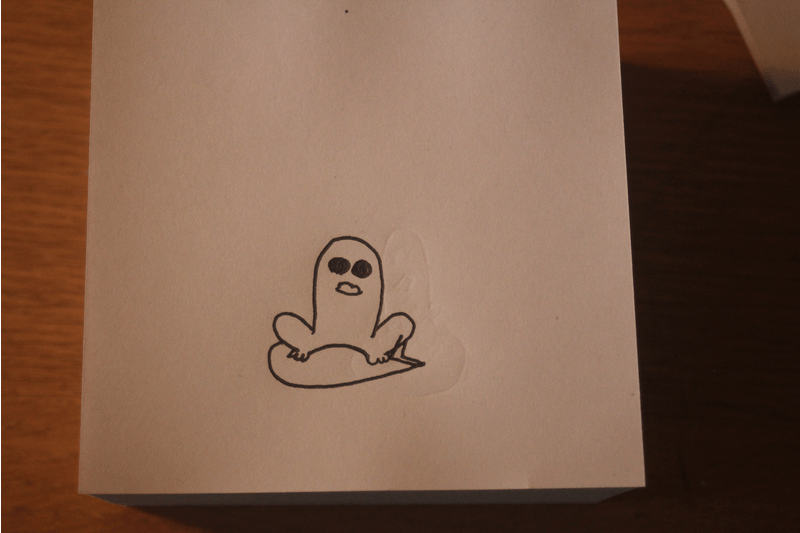
A Ghost On A Trampoline (by David aged 43)
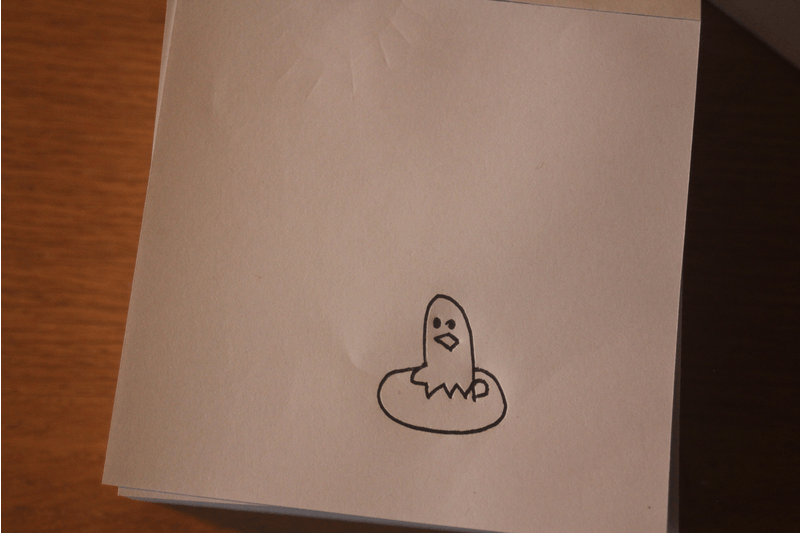
_________
Notes:
1. Made on 1st of May, 2022
2. By me and my niece and my nephew
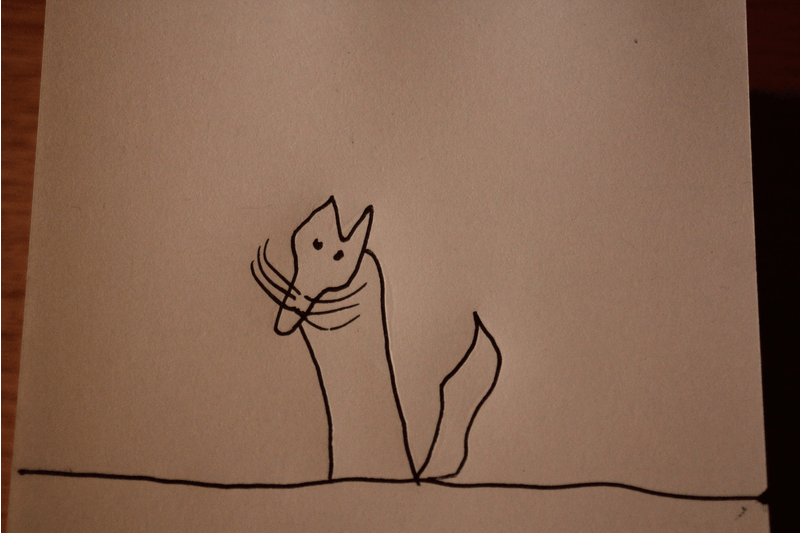
__________
Notes:
1. Made on May 1st, 2022